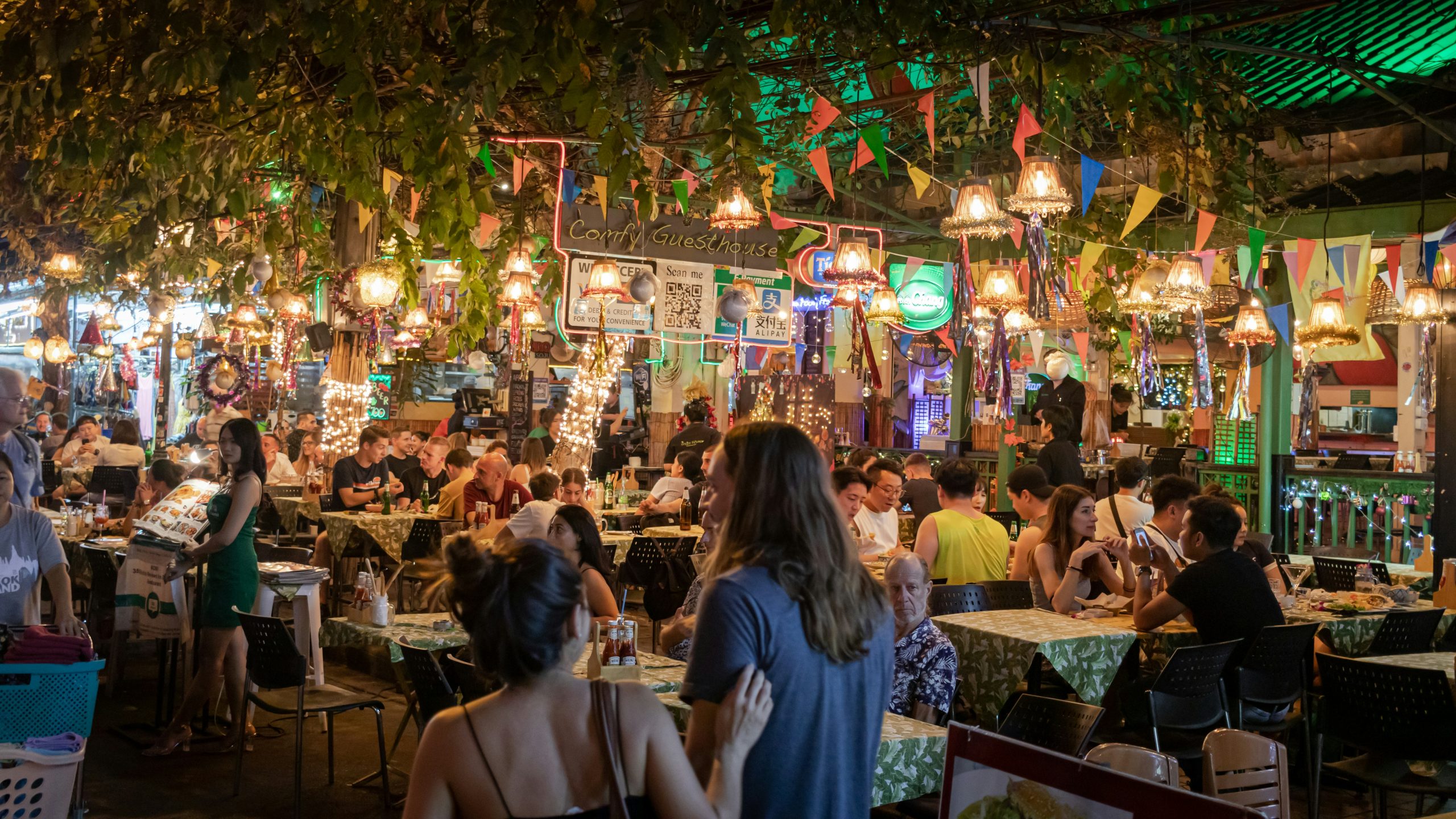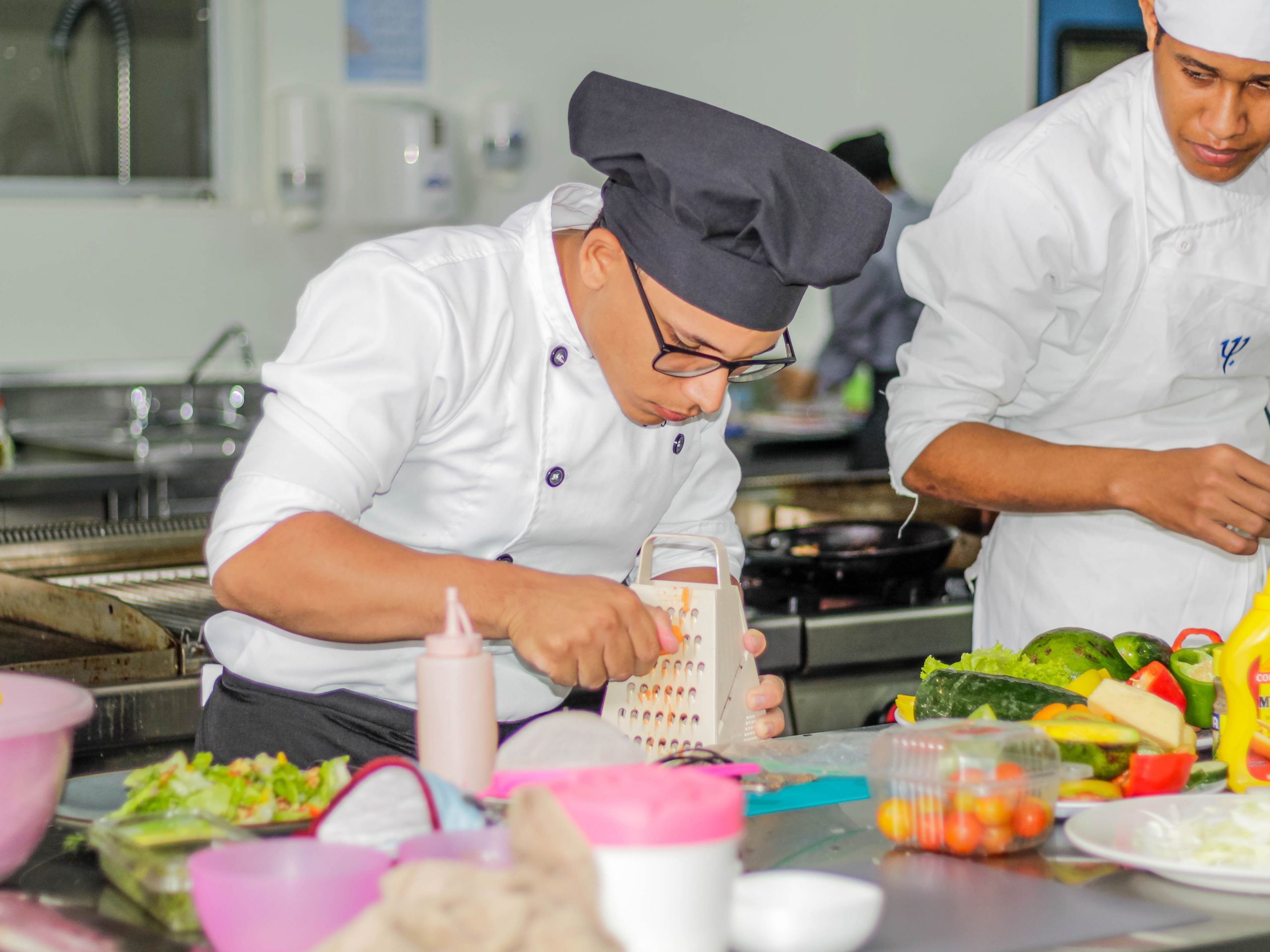Green Business: Entrepreneurial Initiatives Addressing Sargassum
Every day, we become more vulnerable and impacted by the effects of climate change, which significantly affects countries and their economies. A prime example is the sargassum seaweed problem, a global issue that has greatly impacted tourism and the economies of various regions, particularly in coastal areas such as the Caribbean and the Gulf of Mexico. A clear illustration of the risk sargassum poses to the economy and tourism is Quintana Roo, Mexico. In 2019, its tourism activities saw a reduction of between 2.2% and 5% due to the arrival of sargassum. The impact on tourism is mainly due to the foul odors and unattractive appearance caused by the accumulation of sargassum, making it less appealing to tourists and local community. This situation also creates blockages and an obstacle for recreational activities such as swimming, diving, and snorkeling. Consequently, these factors negatively affect the economy by reducing the revenue generated from tourism-related visits and activities. Moreover, the investment in cleanup efforts involves significant and recurring costs to keep the area clean and appealing. Additionally, local fishing and businesses are affected due to fewer visits to restaurants, hotels, and shops nearby. In the Caribbean region, sargassum also poses a barrier to those engaged
Investing in Wellness: How Hotels are Integrating Health and Wellness Spaces to Attract New Clients
In recent years, wellness and health have become crucial and non-negotiable factors globally, driving a growing trend in tourism and hospitality. According to a McKinsey study, 79% of respondents view their wellness as a top priority. This article will briefly explore the rise of health and wellness in the sector and how the hotel industry is capitalizing on this trend. Beyond creating new business opportunities and profitability, hotels aim to be a key destination for those seeking relaxation with wellness as a main focus. When we talk about wellness tourism, it’s essential to highlight that this concept involves people traveling to various destinations with purposes beyond just vacation. These travelers seek to care for their mental and emotional health while enjoying their stay. This type of tourism accounts for about 17% of global tourism spending. According to research from RunRepeat, the global wellness tourism sector is expected to reach $1.2 trillion by 2027. This makes it crucial for businesses in this sector to adapt to these trends to ensure their continued success and relevance in the market. A successful case of this integration is Hyatt Hotels, an international chain known for offering unique wellness-focused experiences. One notable example is the Grand Hyatt Playa
Economic Impact of the Paris Olympics 2024: An Analysis of Key Sectors
Reflecting on the recent 2024 Olympic Games, it is clear that this sporting event has left a significant economic mark, not only in terms of infrastructure investments but also in key sectors such as tourism and job generator, as well as an intangible return on reputation for the host country and sponsoring brands. This article provides a brief analysis of the Olympics' impact on these critical areas and how they have contributed to the grow of the French economy. Impact on Tourism and Job Creation The Olympics, held every four years, is one of the world's largest sporting events, drawing the attention of millions fans globally. As a result, the host country becomes the center of attention, with France anticipating the arrival of 11.3 million visitors in Paris during the 2024 Olympic Games. This sum includes both spectators of the Olympic events and tourists who took the opportunity to visit the city. In addition to the direct benefit of increased visitors, the country also sees positive effects in other sectors tied to tourism, such as hotels, restaurants, museums, and transportation services, many of which were modernized and upgraded specifically for this event. Total Economic Impact on Paris from the 2024 Olympic Tourism The economic impact
Impact of AI on the Future of Operational Management in Business
I'm sure by now you've heard countless times about the positive impact that artificial intelligence (AI) has when implemented in businesses as a mechanism for innovation and efficiency in operational management. Today, I can tell you that this is only the beginning, so prepare yourself for the coming years when you will continue to hear about this topic and success stories of companies taking advantage of this opportunity and leveraging the advances of this technology. All signs indicate that companies will increase their investment in artificial intelligence in the coming years. A few months ago, La República shared an article on "Artificial Intelligence in Latin America," published by MIT Technology Review. Among the relevant data from the research, it was mentioned that 60% of the companies in the sample started incorporating artificial intelligence in the last three years, and 20% did so in 2023. Furthermore, 71% of the companies recognized that artificial intelligence has enormous potential for their businesses, and those with the most leadership in the field plan to allocate 15% of their technology budget to artificial intelligence in the coming years. A success case where the implementation of artificial intelligence plays a crucial role is Amazon, as reported by The
Pop-Up Restaurants: Reinventing the Culinary Experience
In every industry, innovation is key to diversifying market offerings and competition, as well as meeting the needs, demands, and expectations of today's consumers. While it is true that the technology industry, with notable examples like Apple, Tesla, Microsoft, and Samsung, is a major player in constant innovation, the service and consumer sector also stands out. In fact, in 2023, this sector ranked fourth in innovation. Today, we explore innovative proposals in the gastronomy sector that satisfy needs beyond the palate. For some time now, proposals have emerged that aim to offer unique and unconventional experiences. This gave rise to the famous "pop-up restaurants," where people can not only enjoy a meal but also engage socially in a temporary and exclusive setting. Although not a new concept, pop-up restaurants have evolved to offer once-in-a-lifetime experiences. Brands are tasked with continually innovating their offerings, and renowned chefs have joined this trend, creating events that are sometimes clandestine and at other times highly exclusive. The essence of pop-up restaurants is to offer a creative and temporary culinary experience. This demand can be summarized into three irresistible pillars for the public: Innovation: The main axis of the entire experience, aiming to offer something unique and
The Fusion of Innovation and Tourism: Inspiring Success Cases
It is no secret that the main pillar for the growth of any business is innovation. In recent years, we have witnessed the rise of artificial intelligence due to its accelerated growth. Innovation and tourism go hand in hand, improving and simultaneously generating new products, services, and experiences to meet new demands. For example, customer service optimization has seen the emergence of chatbots as allies, and mobile applications now optimize time in hotels for bookings, cancellations, or modifications. In this context, I want to share the success story of Zoku, which emerges as one of the rising trends in the hotel industry due to the increase in modern nomads and remote workers seeking flexible and comfortable spaces to stay, work, and socialize. Zoku took advantage of this demand by offering a business model that caters to people who frequently travel for short and long periods and need a place that fits their lifestyle and needs, considering that conventional hotels do not always meet these requirements due to factors like cost and lack of privacy, among others. Zoku addresses this market niche with a new concept of a hotel and coworking space. Designed as lofts, their spaces are spacious and functional, easily transforming
Space Tourism: The New Luxury Experience
Space tourism is emerging as an exciting adventure for those seeking unique and luxurious experiences. While currently only a privileged few can afford the millions of dollars required for these trips, it is expected that over time and with technological advancement, costs will decrease, thus democratizing access to space. Companies like Virgin Galactic, led by Richard Branson, are at the forefront of this field. Their spacecraft, V.S.S. Unity, took a crew to the edge of space in July 2021, offering passengers an unparalleled view for a few minutes. In addition to Virgin Galactic, companies like Blue Origin, founded by Jeff Bezos, are also making significant advances in space tourism. With the New Shepard, a suborbital rocket, Blue Origin is bringing the dream of space closer to reality for the general public. Their ongoing advancements and research are paving the way for expanding access to space, offering new opportunities to explore the cosmos. Space tourism is constantly evolving, promising to open the doors of the cosmos to a wider audience in the future. Although currently the cost of these experiences remains limited to most, technological advances and competition in the sector could eventually make space accessible to everyone. However, beyond the numbers, an intriguing
Gender Equality: Key to an Inclusive Economy
The inclusion of female leadership in the workplace is crucial for promoting gender equality and fostering innovation. Female leaders not only bring a unique perspective but also inspire others to achieve their professional goals, thereby driving economic independence. Despite progress, gender gaps persist in many countries. In Mexico, for example, women's labor participation was only 45% compared to 77% for men in 2022, according to a World Bank report. This underscores the importance of continuing to work towards promoting equal opportunities. Companies that promote the inclusion of women in all areas of work experience various benefits, such as better talent retention, more equitable policies benefiting all employees, and greater diversity in the workforce, which helps prevent gender, racial, and sexual discrimination. Furthermore, these benefits also translate into positive economic aspects for countries, such as an increase in per capita income and greater economic growth. How does this topic remain relevant today? Despite efforts to close gender gaps, there is still much work to be done. The inclusion of female leadership remains a priority for building a fair, equitable, and prosperous workplace for all.
Creative Cooking Diploma 2023
In the dynamic world of gastronomy, I am pleased to announce with great enthusiasm the arrival of the third edition of the Creative Cooking Diploma 2023, a project that goes beyond teaching and becomes a catalyst for opportunities for Dominican youth. This program, born as a vision to empower young enthusiasts of gastronomy, has become a platform to discover and nurture local talent. By supporting this diploma, my goal is to provide these young individuals not only with advanced culinary skills, but also to open doors to a future where their creativity can shine on the world gastronomic stage. The initiative to send the most outstanding student to the prestigious Basque Culinary Center in Spain continues, offering a unique experience that transcends geographical and cultural boundaries. This year, as in previous editions, we seek to highlight innovation, passion, and a commitment to excellence in the kitchen. I hope that this diploma serves as a springboard to new horizons, new connections, and, above all, to the flourishing of Dominican talent on the international stage. By continuing to support initiatives like this, we contribute not only to the individual development of participants but also to the enrichment of the rich Dominican culinary heritage. Welcome to the
Grupo Xcaret Success Story
Tourism is a cornerstone of the Mexican economy, and one of the standout destinations in this industry is the stunning Riviera Maya. In this setting, Grupo Xcaret, a 100% Mexican company and a leader in sustainable tourism, has grown alongside this region for 30 years, developing a portfolio of seven natural parks: Xcaret, Xel-Há, Xenses, Xoximilco, Xavage, Xplor, and Xplor Fuego, along with three tours of archaeological sites and 900 rooms offered at the Hotel Xcaret México. Thanks to this, in 2019, it achieved a remarkable milestone, amassing four million visitors since its inception. In this regard, Xcaret's success is due to a combination of factors, with a focus on sustainability, excellence in customer service, and innovation being among the most prominent. The importance of sustainability: Grupo Xcaret has led the way in sustainability by blending entertainment offerings with environmental conservation. Its natural parks stand as a testament to this commitment, allowing visitors to enjoy the beauty of the Riviera Maya while becoming aware of the importance of protecting it. However, this commitment extends beyond nature preservation; it also encompasses the promotion of Mexico's rich culture. Every experience at a Xcaret park is infused with authenticity and national pride. Visitors can immerse










